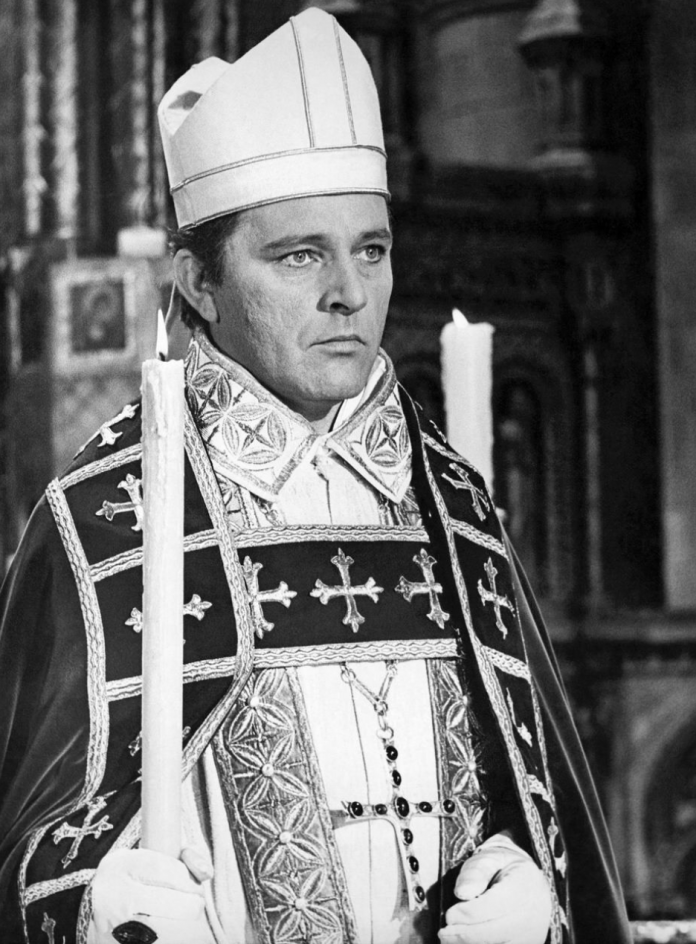The Church of England now has a significant number of ministers who believe that any affirmation of same sex sexually expressed relationships is wrong. If the Church of England synod is representative, then it is a very significant minority. What do these people (of who I am one) do? How do these people feel? Of the many aspects of this dilemma, there are three that I wish to highlight.
Firstly, there is genuine fear that they will be targeted by some sort of deliberate act in order to put pressure on them to change or leave. In that case, what will the bishops do? They are meant to be like good shepherds, who put their own bodies in-between their sheep and those who would cause them harm. Many ministers fear that their bishops would not do that for them. They would not risk their position or reputation in the public sphere for them.
Secondly, and it is related. They are concerned that they will suffer the abuse of neglect from their bishops. There is concern that the official words may cover the bases in one way, but that those words will have the same ring to them that we hear so often when companies make official statements to the news media. They are concerned that they will be quietly ignored and kept at arms length. We will see if ministers who openly believe that same sex sexually expressed relationships are wrong get appointed to become Rural/Area Deans, Deans, Bishops, Archdeacons, DDOs, CME etc.
Thirdly, and also related. Bishops have spiritual and institutional authority. This dilemma does, to some extent, focus some attention towards their institutional role and responsibility. How they have played the ball in terms of the institution of the Church of England and worldwide Anglican communion. But the issue that comes into sharper focus is their spiritual authority. How submitted are they to the scriptures, and what loss are they willing to go through due to that submission? That is a biggie in the view of the ministers who have historically placed great weight on episcopal ministry through their biblical understanding.
As is obvious, the degree to which various ministers feel this varies widely. Some see it as an urgent matter. Others are waiting and hoping. Some have good relationships with their bishops and archdeacons. Others either have a bad, or no meaningful relationship with their senior clerics. This means that this situation is unfolding at different rates amongst us in the Church of England and across the world.
Despite the different rates that this dilemma is unfolding, we need to ask ourselves what should the bishops do? Although it is difficult, the answer is, something, and fast. A good bishop does need to pray, preach, manage, respond etc. but also to lead in a primarily spiritual, rather than institutional way. Otherwise they will come across as, or even be, primarily institutional animals who do church things.
There are many things that can be done. Here is only one possibility, and I fully realise that so many other measures as well may well or instead of be appropriate. Appoint Deans to represent these ministers.
There was, and is a significant minority of licensed women ministers in the Church of England. It was deemed necessary that they should be recognised, represented and encouraged to flourish through appointing a Dean of Women’s ministry. Why not do an equivalent thing in this situation? Of course, an argument against this would be that it would set some kind of precedent. But what we are experiencing right now is a progressing schism due to this issue. What you would call it I have no idea. But they would need to have the same level of leadership, resource and access as a Dean of Women’s ministry. That said, right now, I cannot see an appointment like this needing less that two days a week.
We have so many skills, much ability, and brain power between us all. But sometimes, only courage will do. I hope that we will engage with this most difficult situation together with courage and kindness.










